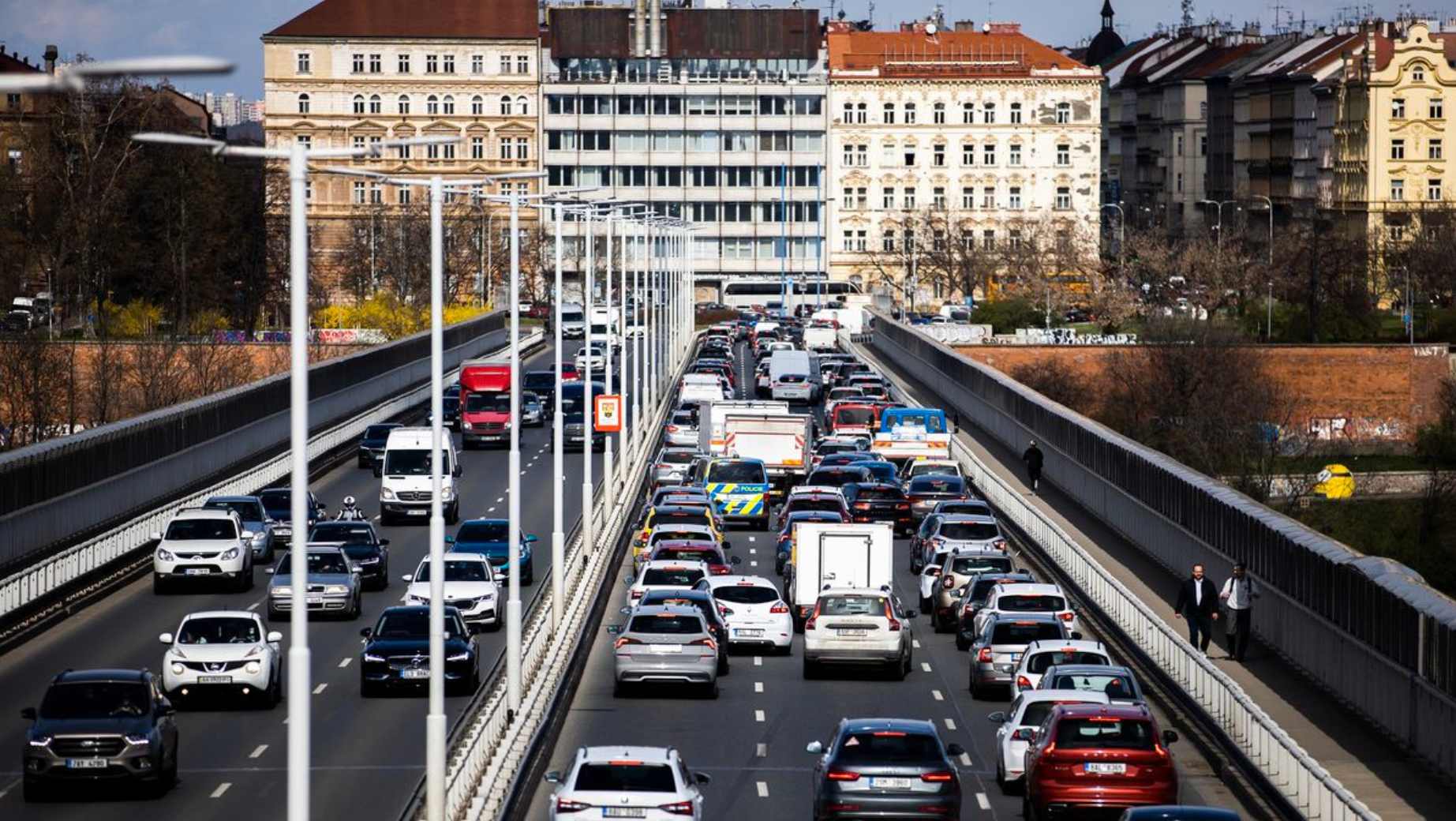The Czech government announced drastic measures on March 10 to curb the spread of COVID-19, declared a pandemic by the World Health Organization (WHO) on March 11.
The country prepares for the return of over 10,000 of its citizens from locked-down Italy, a popular skiing destination for Czechs at this time of the year.
The state has banned cultural, sports and social events to be attended by more than 100 people, schools are shutting down.
The news came as a surprise for many Czechs, as up until then the government had not announced any measures against the coronavirus.
According to iDnes, the measures will directly affect over 1.8 million people in a country of 10 million.
There are about 4,200 primary schools and 1,300 middle schools. About 941,000 children attended primary schools in 2019 and 420,800 secondary ones. About 127,000 teachers were educating them. Last year, about 289,000 people studied in universities.
The closing of schools is expected to last from two weeks to one month, according to state officials. While the plan makes sense from a public health perspective, it could also add a burden on working families who now will have to manage childcare during the daytime.
The government said to be considering calling in medical students in their final years to replace medical staff who need to take care of their children at home.
One of the most at-risk segments of the population is people over 65, who represent close to 20 percent of the Czech Republic’s population. As epidemiologist Rastislav Maďar points out, the closure of schools, while necessary, puts them at a higher risk. “We end up pushing the virus into an unwanted direction. A lot of parents cannot stay home thus small kids end up staying with their grandparents. We keep telling the elderly they have to maintain a 2-meter safety distance from all sides a form of key prevention. But with a small grandchild, one can hardly apply this kind of measure.”
Tourism impact
The Czech Republic is a major tourist destination: It received over 10 million foreign visitors in 2019, thus one foreign visitor per every Czech citizen. Many of those tourists are from countries currently heavily affected by COVID-19, such as Italy, China, and South Korea.
On March 9, the Czech government approved measures that will allow small and medium businesses that have been severely affected by the consequences of COVID-19 to apply for loans at a zero-interest rate.
-
NEWSLETTER
Subscribe for our daily news










